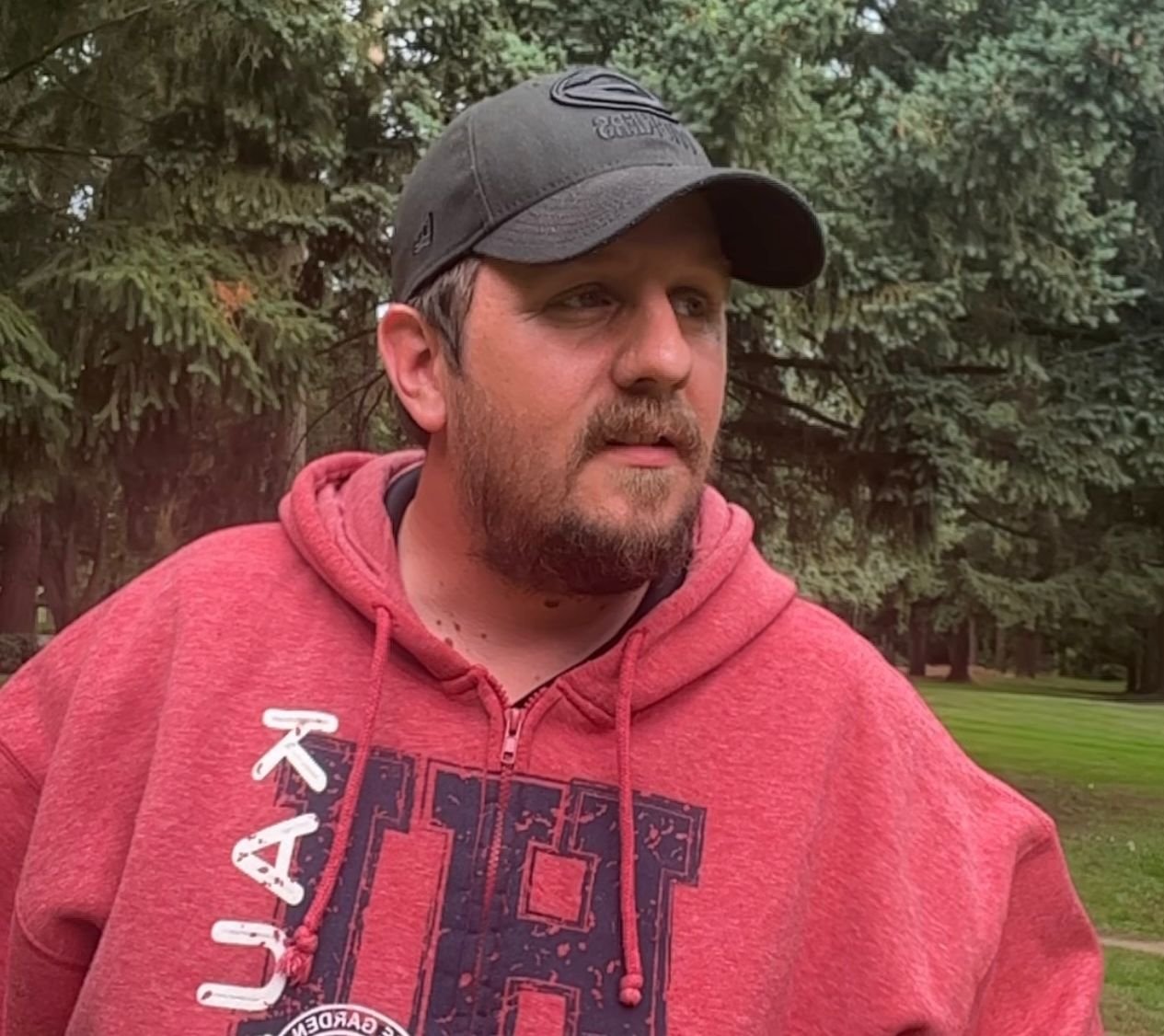As I navigate through life’s unpredictable streets, I’m constantly reminded of my personal motto: “It might not be my fault, but it’s still my problem.” This simple phrase has become my mantra, guiding me to assess personal risk in every decision I make, no matter how small or mundane it may seem.
Take, for instance, parking my car next to a shopping cart corral. Sure, it’s more convenient, but the heightened foot traffic and the scattered carts pose a risk to my car. It’s easy to think, “Well, if someone hits my car with a cart, it’s not my fault.” But the reality is, the ding in my car door, the time spent on repairs, and the frustration that follows – that becomes my problem. By choosing a parking spot slightly further away, where risks are minimized, I proactively shield myself from avoidable hassles.
Similarly, when I’m at a traffic light, and it turns green, I take a brief moment to ensure the path is clear. Yes, if someone runs a red light and hits me, it’s not my fault. The light was green for me, after all. But the aftermath of an accident, the potential injuries, the insurance claims – these are problems I’d rather not face. A moment of precaution can be the difference between a normal day and a catastrophic one.
This mindset of being personally accountable extends beyond just protecting myself; it’s about recognizing that the world is full of unpredictability, often caused by others. Call them ‘the other idiots of the world’ if you will, but their actions can have direct consequences on our lives. By being vigilant, by thinking a step ahead, we can often sidestep becoming victims of circumstance.
It’s not about living in fear or mistrust; it’s about empowering oneself to take control where possible. We can’t control others’ actions, but we can control how we respond and prepare for them. This approach has led me to make wiser choices, not just in driving or parking, but in various aspects of life – from financial decisions to personal relationships.
I encourage everyone to think about this: how, by taking personal accountability, not just for ourselves but also for the potential actions of others, we can protect ourselves from unnecessary troubles. It’s about being proactive rather than reactive, about being a step ahead in a game where the rules are often made by others.
In conclusion, my motto, “It might not be my fault, but it’s still my problem,” is more than just a phrase. It’s a philosophy, a way of life that acknowledges the chaos of the world and chooses to navigate it with caution, foresight, and a sense of personal responsibility. In doing so, we might just find ourselves less often as victims of circumstance, even when it wasn’t our fault.



